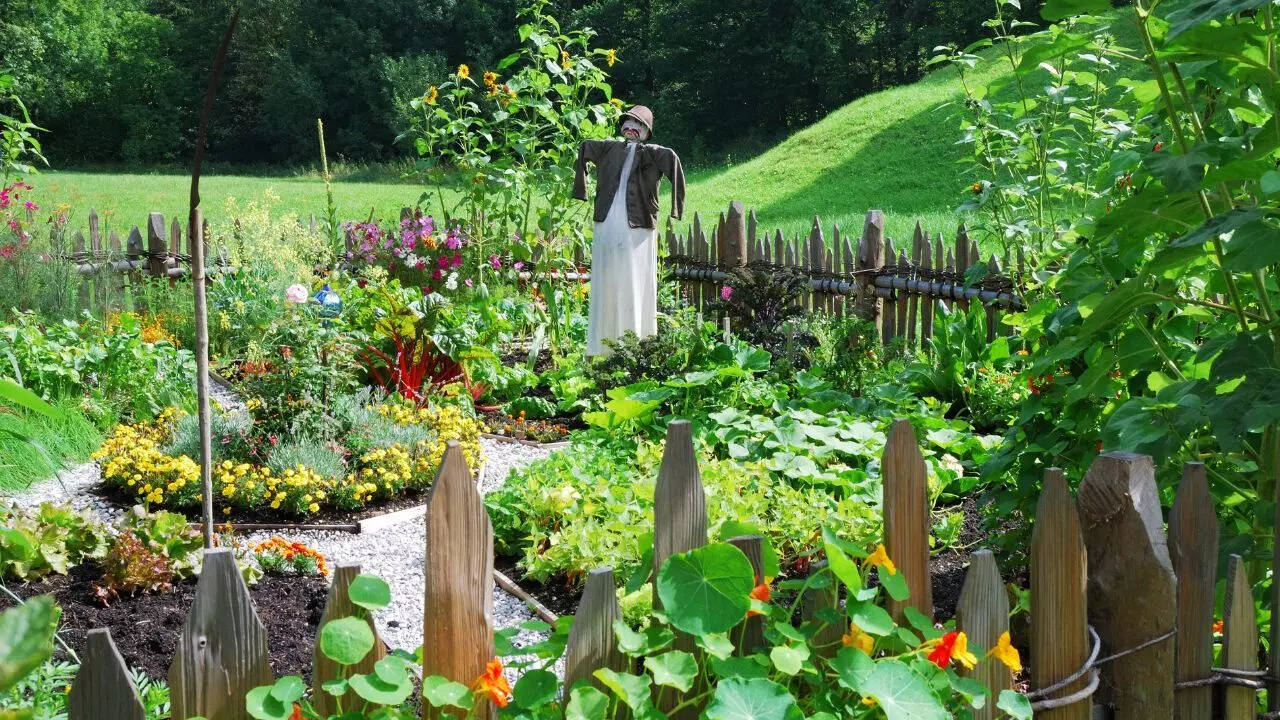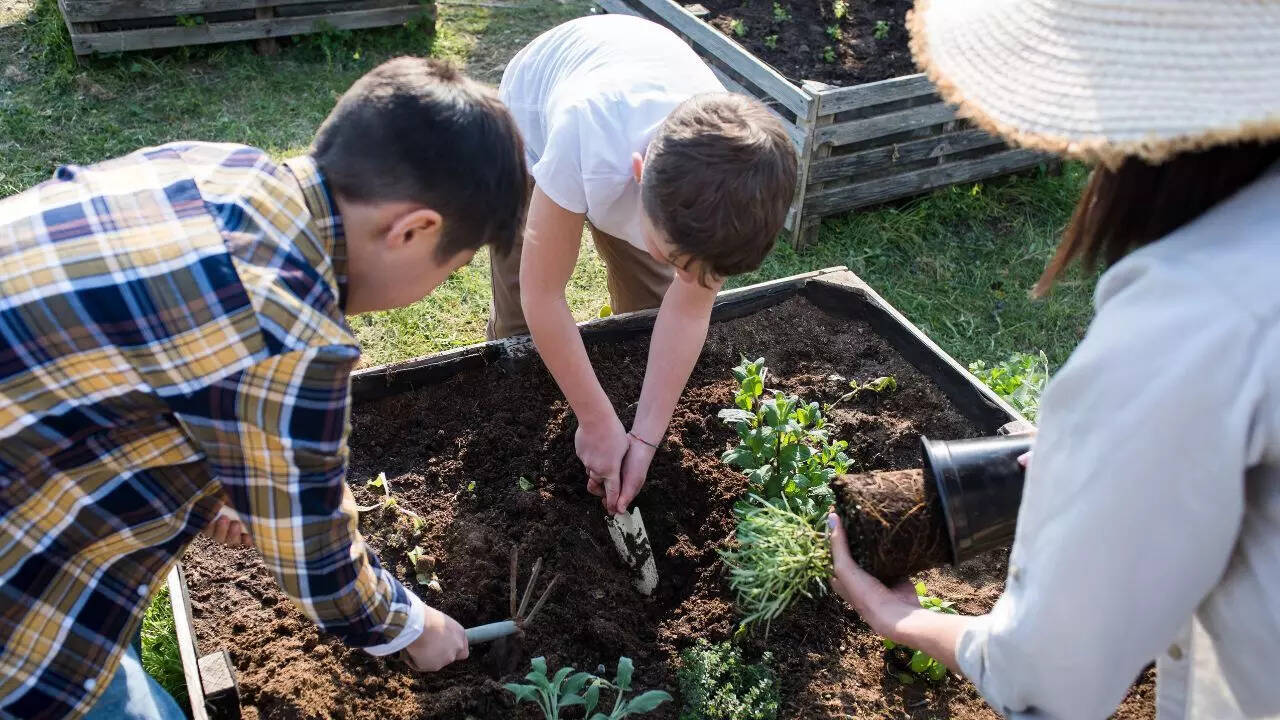The monsoon season breathes life back into the earth, offering respite from the summer heat and providing an ideal time for gardening. The abundant rainfall, softened soil, and moderate temperatures create a perfect environment for cultivating a kitchen garden. Whether you are an experienced gardener or a novice, the rainy season offers a unique opportunity to grow your own food and connect with nature.

The monsoon season presents an ideal environment for gardening, characterized by moist soil and temperatures that facilitate seed germination.
The monsoon season provides several advantages for starting a kitchen garden:
However, it's crucial to ensure proper drainage to prevent waterlogging, which can harm plant roots.
Follow these steps to establish a thriving kitchen garden during the monsoon season:

Proper soil preparation, including amending with organic matter and ensuring good drainage, is crucial for a successful monsoon garden.
Monsoon rains naturally soften compacted soil, making it easier to work with. Enhance soil fertility by incorporating organic compost, farmyard manure, or leaf mold. These materials decompose rapidly in moist conditions, releasing essential nutrients like nitrogen, phosphorus, and potassium. For added nutrition and pest resistance, consider incorporating natural additives like neem cake or bone meal. Before planting, assess soil drainage by filling a small hole with water; it should drain within 2-4 hours. For clay-heavy soils, add cocopeat or coarse sand to improve aeration and prevent waterlogging.
Newer articles
Older articles
 India Enters New Space Age as Astronaut Shukla Joins ISS Mission
India Enters New Space Age as Astronaut Shukla Joins ISS Mission
 X Cracks Down: Half a Million Indian Accounts Suspended for Policy Breaches
X Cracks Down: Half a Million Indian Accounts Suspended for Policy Breaches
 Google Unveils Strategy to Combat Misinformation, Boost Voter Access in India's 2024 Elections
Google Unveils Strategy to Combat Misinformation, Boost Voter Access in India's 2024 Elections
 Hair Oil vs. Hair Serum: Which is the Right Choice for Your Hair?
Alternatively:
Unlock Your Best Hair: Choosing Between Hair Oil and Serum for a Healthy Mane
Hair Oil vs. Hair Serum: Which is the Right Choice for Your Hair?
Alternatively:
Unlock Your Best Hair: Choosing Between Hair Oil and Serum for a Healthy Mane
 Vijay Sethupathi Apologizes Amid Controversy Over Son's Film 'Phoenix'
Vijay Sethupathi Apologizes Amid Controversy Over Son's Film 'Phoenix'
 Bollywood's 'Swades' Anthem Joins Axiom-4 Mission: Indian Astronaut's Playlist Honors Heritage in Space
Bollywood's 'Swades' Anthem Joins Axiom-4 Mission: Indian Astronaut's Playlist Honors Heritage in Space
 New York Assemblyman Zohran Mamdani's Style: 5 Lessons in Authenticity and Heritage
New York Assemblyman Zohran Mamdani's Style: 5 Lessons in Authenticity and Heritage
 Colon Cancer: Don't Ignore These 5 Early Warning Signs
Colon Cancer: Don't Ignore These 5 Early Warning Signs
 TSMC Regains Top 10 Global Value Ranking Amid AI Boom
TSMC Regains Top 10 Global Value Ranking Amid AI Boom
 Android Users Urged to Update Devices Amid High-Severity Security Flaws: Government Issues Warning
Android Users Urged to Update Devices Amid High-Severity Security Flaws: Government Issues Warning